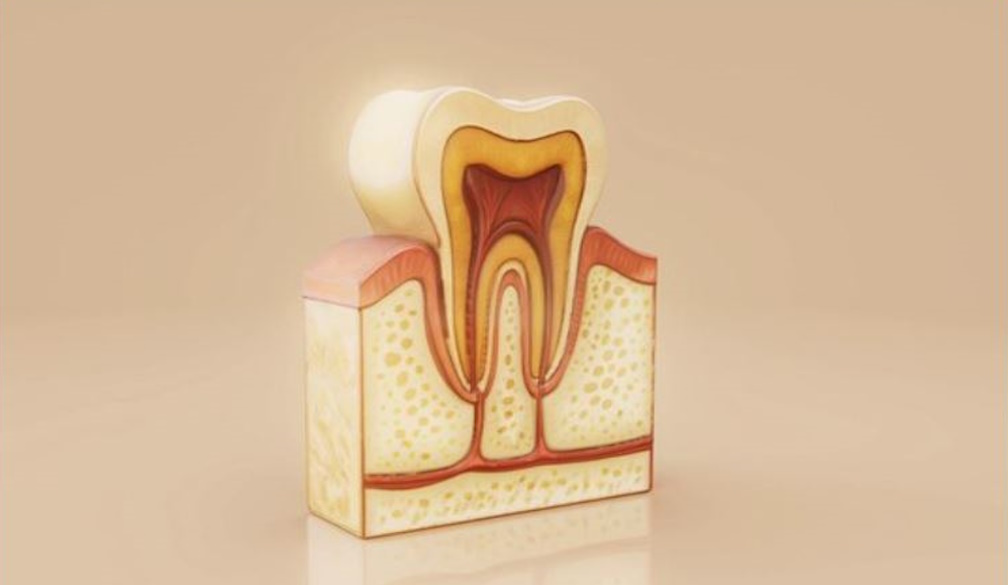Top oceanographer wins PM's Science Award for pioneering work

Leading Australian oceanographer Professor Trevor McDougall has received the $250,000 Prime Minister’s Prize for Science, for his pioneering work in understanding the ocean’s role in regulating climate.
Professor McDougall is a leading global authority on oceanography and ocean thermodynamics.
Two teams received the $250,000 Prime Minister’s Prize for Innovation in 2022. The SpeeDx Team at the National Innovation Centre, comprising Dr Elisa Mokany and Adjunct Professor Alison Todd, was awarded the Prime Minister’s Prize for Innovation in recognition of their outstanding contribution to public health. Their invention of highly advanced molecular diagnostic tests are now distributed worldwide.
The PhotonAssay Team of Dr James Tickner, Dr Nick Cutmore and Mr Dirk Treasure was also awarded the Prime Minister’s Prize for Innovation for their development and successful commercialisation of revolutionary automated technology to measure gold and other valuable metals and minerals in ore samples.
The Prime Minister’s Prizes for Science are Australia’s most prestigious awards for outstanding achievements in scientific research, research-based innovation and excellence in science, mathematics or technology teaching.
Prime Minister Anthony Albanese said: “Tackling climate change is one of the great scientific challenges of our era and understanding our oceans is absolutely critical. Over the last 23 years, these Prizes have recognised extraordinary Australians whose scientific research and innovation has broken new ground.
“Our prize recipients demonstrate why science is key to Australia’s future. On behalf of all Australians, I want to congratulate every recipient for their dedication to tackling the challenges of today to pave the way for a better tomorrow.”
Industry and Science Minister Ed Husic said: “Research-based innovation leading to commercialisation demonstrates the incredible national value of Australian science. Science and research at its best can change lives and make Australia a more sustainable, prosperous place.
“The Australian Government is committed to supporting science and will continue to back research and innovation that boosts our industries and our livelihoods.”
Other prize winners were:
The $50,000 Prime Minister’s Prize for Excellence in Science Teaching in Primary Schools was presented to Mr George Pantazis of Marble Bar Primary School in Western Australia. Mr Pantazis is recognised for his integration of First Nations cultural knowledge with STEM capabilities through two-way learning, enabling his students to share their knowledge of First Nations science through technology.
The $50,000 Prime Minister’s Prize for Excellence in Science Teaching in Secondary Schools was presented to Head of Technology, Ms Veena Nair of Viewbank College in Victoria. She is a key instigator of initiatives to improve the quality of STEAM (science, technology, engineering, arts and mathematics) education not only for her own students, but for students across Australia.
The $50,000 Frank Fenner Prize for Life Scientist of the Year was presented to Professor Si Ming Man for his extensive research into immunology and infectious diseases, advancing our understanding of the role inflammation plays in health and disease.
The $50,000 Malcolm McIntosh Prize for Physical Scientist of the Year was awarded to Dr Adele Morrison for her research into the complex system of ocean circulation and its impact on rising sea levels and climate, with a focus on Antarctica.
Two $50,000 Prizes for New Innovators were presented to Dr Philippa Karoly and Associate Professor Brett Hallam.
Dr Karoly was recognised for her breakthrough methods for forecasting epileptic seizure risk and development of a life-changing mobile app for people living with epilepsy, enabling them to monitor and manage seizure risks.
Associate Professor Hallam was recognised for his discoveries and patented technologies which have dramatically improved solar cell performance and facilitated renewable energy uptake.
Photo: Anastasia Taioglou/Unsplash













